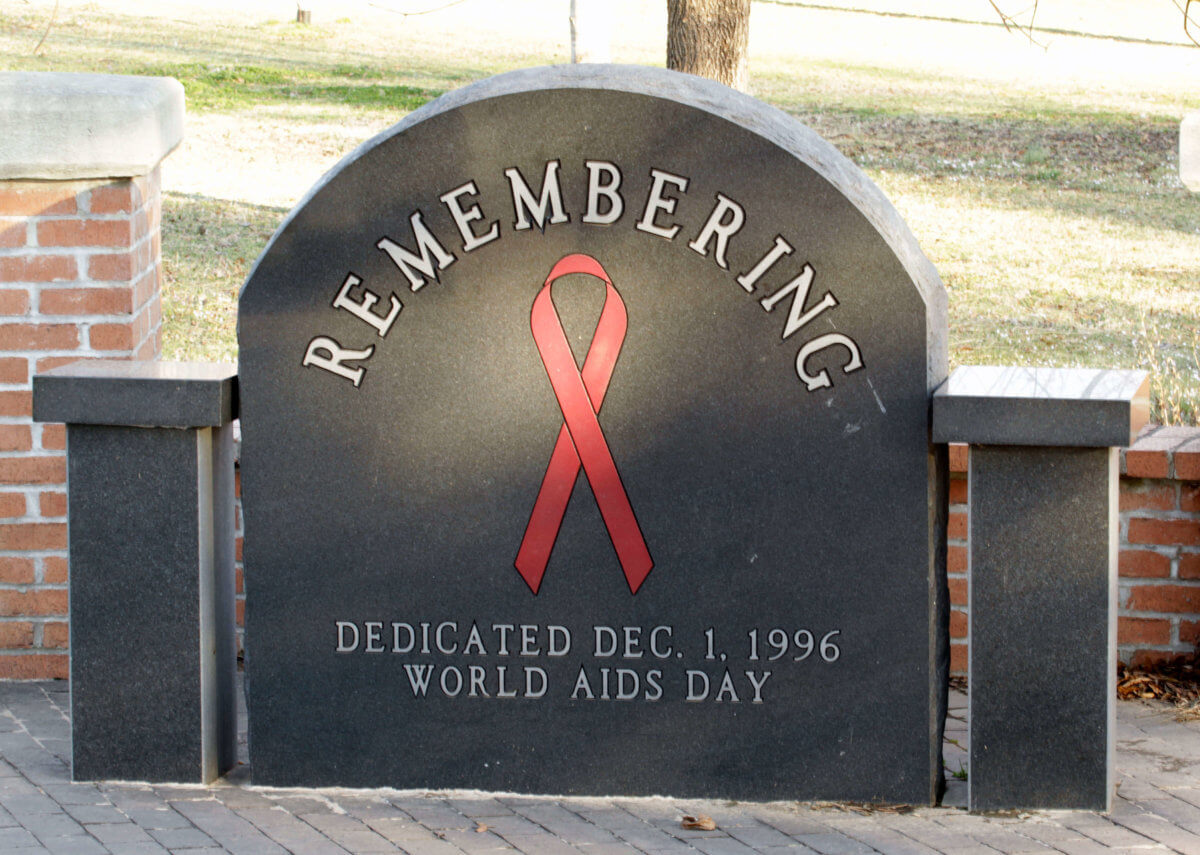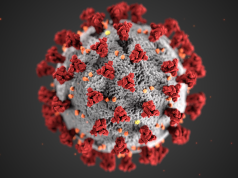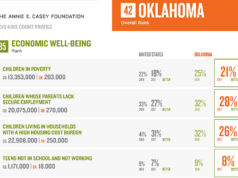Today is World AIDS Day, a day dedicated to raising awareness of HIV and supporting people living with HIV — including nearly 6,000 Oklahomans. Despite years of education and prevention efforts, HIV is still transmitted almost daily in Oklahoma. In fact, every 30 hours, another Oklahoman is diagnosed with HIV.
Human immunodeficiency virus (HIV) is a retrovirus that targets and mutates parts of the immune system. If left untreated, HIV can lead to acquired immunodeficiency syndrome (AIDS). HIV is primarily transmitted through condomless sexual intercourse and sharing of needles. HIV can also be spread from a mother to a child during pregnancy if the mother is unaware of her HIV status. HIV cannot be transmitted, however, through casual contact like shaking hands, sharing a public restroom or sharing food or drink.
Stigma, fear compound diagnoses

While HIV has been a predominate health issue for more than three decades, it remains very misunderstood. Many people living with HIV face discrimination and judgment. The stigma stems from a lack of understanding about HIV and how HIV is and is not transmitted. The compassion found for people living with other diseases is often missing from HIV discussions.
Many still see HIV as a disease that primarily affects men who have sex with men, but any sexually active person is at some risk of HIV. In 2016, 70 cases of HIV were reported in the heterosexual community.
Stigma and fear causes people to ignore HIV and put off knowing their own status. According to the Oklahoma State Department of Health, in 2016, 25 percent of people newly diagnosed with HIV were diagnosed with AIDS within three months of initial diagnosis; only 6 percent of new diagnoses were in “stage zero,” or early HIV. Late testing causes the virus to be more difficult to suppress and more easily transmittable.

Therapy effective, but more must be done
HIV is a serious medical condition but can be managed. Due to medical advances, people living with HIV are able to live longer, healthier lives than ever before. Close to 80 percent of Oklahomans living with HIV and who are engaged in care have a suppressed viral load, meaning the virus is nearly undetectable in the person’s body. Viral-load suppression is also a key to ending the epidemic, as those with a suppressed viral load are 96 percent less likely to transmit the virus to their partners.
RELATED
On World AIDS Day, longtime HIV carrier considers progress by James Chud
We must do more to encourage and support people from all walks of life to get tested and know their status. The Centers for Disease Control recommends every sexually active American be tested at least once for HIV, and HIV.gov suggests 1 in 7 Americans living with HIV don’t know their status.
We must also continue to educate young people about HIV. Having not lived through the AIDS epidemic of the 1980s and ’90s, younger Oklahomans view HIV as a thing of the past or not something that concerns them. Last year, 44 percent of new HIV diagnoses occurred in Oklahomans under the age of 30.
While there is no quick and easy way to end new transmissions, encouraging testing and educating people about HIV is a start. If you would like to learn more about HIV and where to get a free HIV test, please visit HIV.gov or call 2-1-1.
























